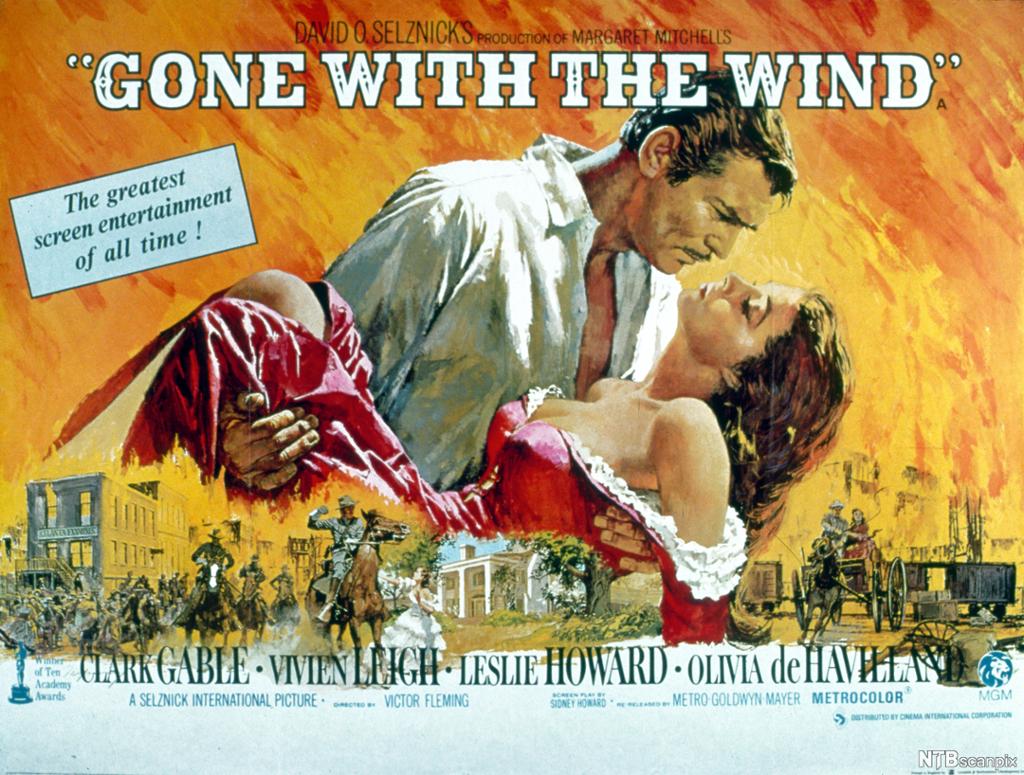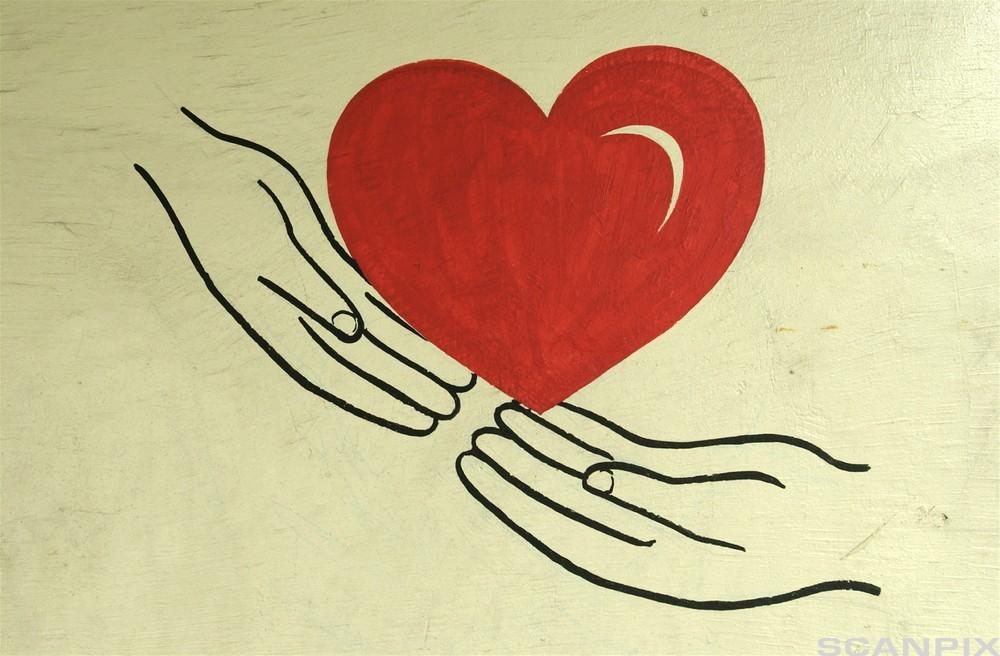Example of poetry analysis: An analysis of the poem "R & B" by Patience Agbabi

Primary Colours: An analysis of the poem "R & B" by Patience Agbabi.
"R& B" is a poem by the British poet Patience Agbabi. The poem is from the collection *Transformatrix*, which was first published in 2000. This analysis will focus on the use of imagery, allusion and rhyme in the poem.
The most striking aspect of this poem is the use of imagery. What leaps off the page are the colours red and blue, which are used to shed light on the personality of the two characters in the poem. Traditionally red is a symbol of sin, but also of courage. Red symbolises life force, lust, love and sex. Red is generally regarded as a feminine colour. Blue on the other hand is usually regarded as a masculine colour. Its symbolic significance is related to sadness, although some shades of blue are also connected to optimism. Red is an active colour, which feeds energy, and experts warn against using the colour on bedroom walls as it may cause insomnia. Blue however, is regarded as a relaxing colour, though it may make people feel sad.
The use of red for one character and blue for the other speaks to their personality. The reader assumes that one is open and outgoing, while the other seems shy and given to solitary contemplation. The colours are associated with such different qualities that the reader immediately understands why the relationship is difficult.
The metaphors used to convey the red character gives the impression of someone flamboyant, exotic and exciting. Mars is a planet named after the Roman god of war: The metaphor therefore brings with it the idea of a strong person, someone who stands on their own two feet. The harvest moon is a rare sight, associated with warm nights of late summer. Cherries are fresh and exclusive, associated both with ice cream Sundaes (with a cherry on top), and as a delicious treat on their own. Being a red rag to a bull is associated with bullfighting, a dangerous and bloody pursuit practiced in warm, exotic countries. To see red is to lose control, to have a hot temper. The red pill in the Matrix allows the person who takes it to see the truth about the world. Scarlett O’Hara is a female hero, famous for her fierce independence. (Scarlet is also a synonym for red). All in all, this paints a picture of the red character as being by no means a wallflower. This is someone who puts on a red dress and goes out into the world demanding attention and getting it.
The blue character is more passive and down to earth. The metaphors associated with this character are more mundane: a clear blue sky, a drink of Blue Nun, an aerogramme. Blue suede shoes are an allusion to classic rock music – a song by Elvis Presley. The blue character is compared to the planet Neptune, which was named after the Roman god of water and oceans. No red dress for this character: blue jeans are preferred. The blue pill in the Matrix allows the person who takes it to live happily in the illusion of an ordinary life. Nevertheless, there is a duality in the blue character, suggesting that there is more than what meets the eye. Sloe is an unusual fruit. Blue Velvet and Betty Blue are titles of explicitly sexual films.
Allusions are used throughout the poem. As mentioned before Scarlett O’Hara is the heroine of Gone with the Wind: both a classic novel and a classic movie. She is a woman who faces tremendous ordeals, but ends up losing the man she loves. Blue Velvet is a film by David Lynch which focuses on a dysfunctional relationship. Betty Blue is a French film which is also about a conflicted relationship. The Matrix is a ground-breaking blockbuster movie that explores the idea of what reality is, offering the option of seeing the truth and having a difficult life or living a lie in comfort. “Ruby slippers” alludes to the film The Wizard of Oz where the main character, Dorothy, wears magical red slippers. The phrase “thought fox” is from the poem Thought Fox by Ted Hughes, where it stands for inspiration: suggesting in this poem that the red character is the blue character’s inspiration.

The title of the poem is R&B, which could stand for the red and blue that is repeated throughout the poem, but which is usually an abbreviation for the music genre rhythm and blues. Alluding to the music genre in the title suggests what the poem is about. It points to the poem’s strong rhythm, and it also relates to the poem's theme: feeling sad, or blue, because of lost love. It could also be regarded as a metaphor for the two characters in the poem: the red character being the rhythm and the blue character being the blues, giving the impression of the two going together like the rhythm and melody in an R’n’B song.
Patience Agbabi’s rhyme pattern in this poem is interesting. She varies between full-rhyme and half-rhyme, with only one significant break in this pattern. If we look at the first stanza we have two examples of half-rhyme: baby – daily and jeans – veins. In the second stanza we first have a full-rhyme, sky – why, and then another example of half-rhyme: moon-Neptune. What this rhyme pattern suggests is that on occasion the two characters fit together, but most of the time it is just not quite right. The rhyme pattern becomes a metaphor for the relationship between the two characters.
There is one significant break in the rhyme pattern, which we find in the fourth stanza: the words bull and clavicle do not rhyme. When there is a marked break in the rhyme pattern in a poem it is usually done to draw attention to just those lines. The idea of a ladybird walking along a clavicle is quite a sensuous image, bringing with it associations of summer meadows and relaxation. Putting bull and clavicle against each other on the other hand is by no means a relaxed image – rather one suggesting that the bone might be shattered by an attack. The break in the rhyme pattern throws extra light on the whole conflict of the relationship between red and blue.

In the last stanza it is made clear that the relationship is over, the blue character is left alone and is writing the poem. It also suggests that perhaps in spite of all the obvious problems between the characters, they nevertheless belong together because when they were together they were more than themselves: they were able to create a third colour: purple. The blue character is left with just one aspect of the red character: red eyes from grief.
Patience Agbabi’s poem is exciting and easy to read, and when you look at the imagery more closely you become aware of how cleverly and thoughtfully it has been constructed. The poem creates a vivid impression of a relationship between two very different people.
Related content
R & B is a poem by the British contemporary poet Patience Agbabi.
Tasks related to the poetry analysis Primary Colours: an analysis of the poem R & B by Patience Agbabi.